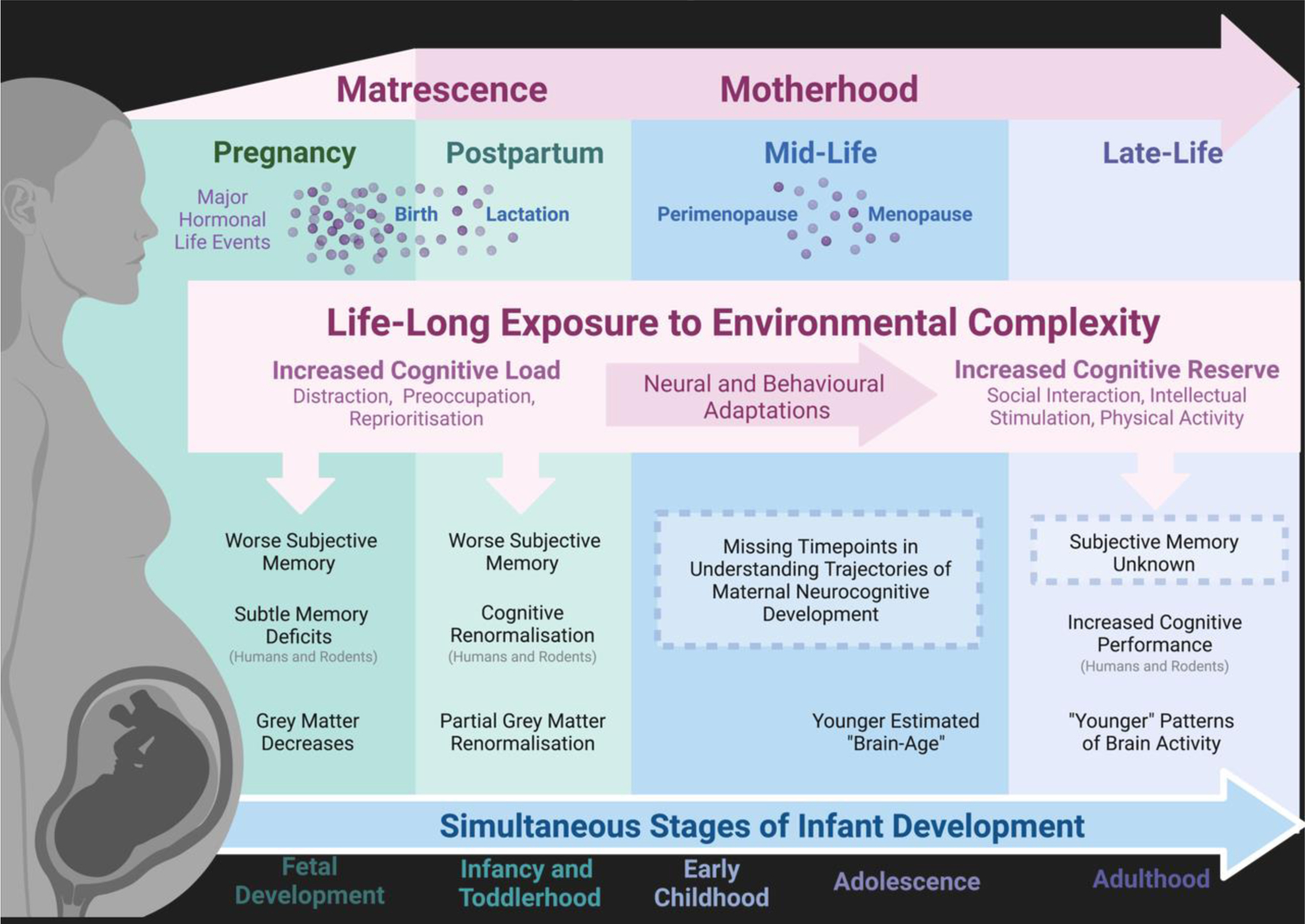Figure 1, Key Figure: Reframing Matrescence as a Neurocognitive Developmental Stage in Humans.

The transition to motherhood is associated with hormonal, neural, and cognitive changes both in the short-term (pregnancy and the postpartum period) and in the long-term (mid and late-life). Motherhood is also marked by dynamic and stage-specific exposure to increased environmental complexity. This increased environmental complexity may explain both cognitive challenges in the peripartum period, and cognitive improvements with increased parity in middle and late-life. Neural and cognitive changes across the maternal lifespan also likely interact with the major hormonal events of pregnancy, birth, lactation, perimenopause, and menopause, as well as the simultaneous stages of infant development. The influence of these interacting factors requires further investigation.
